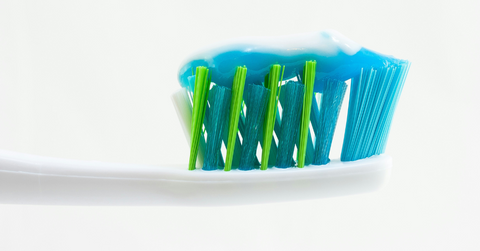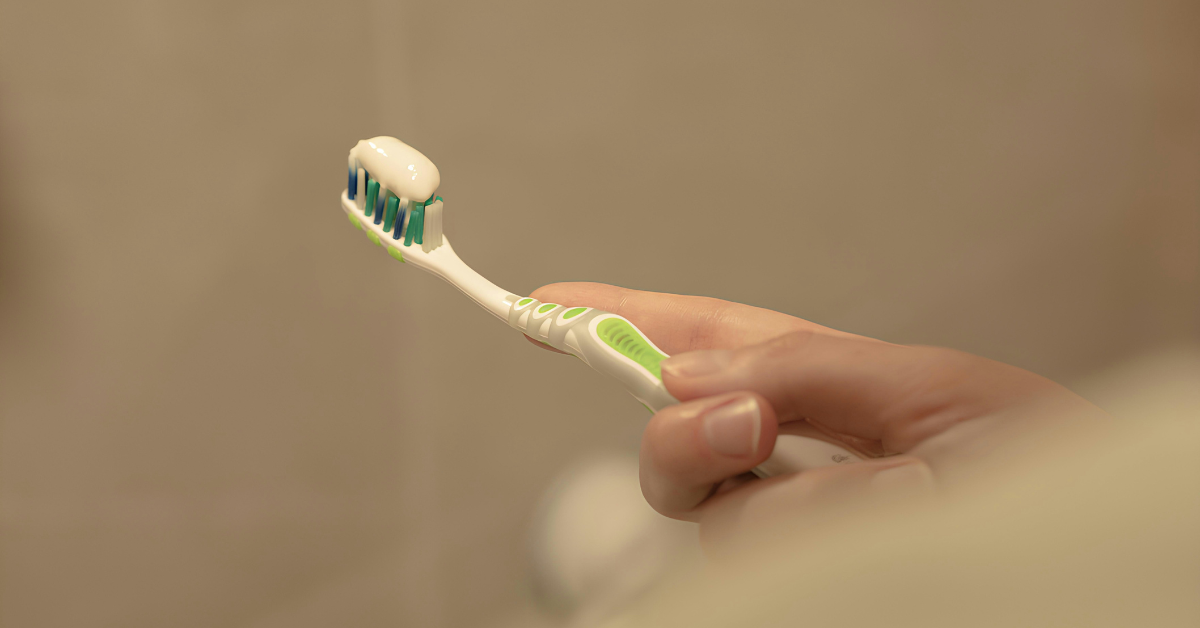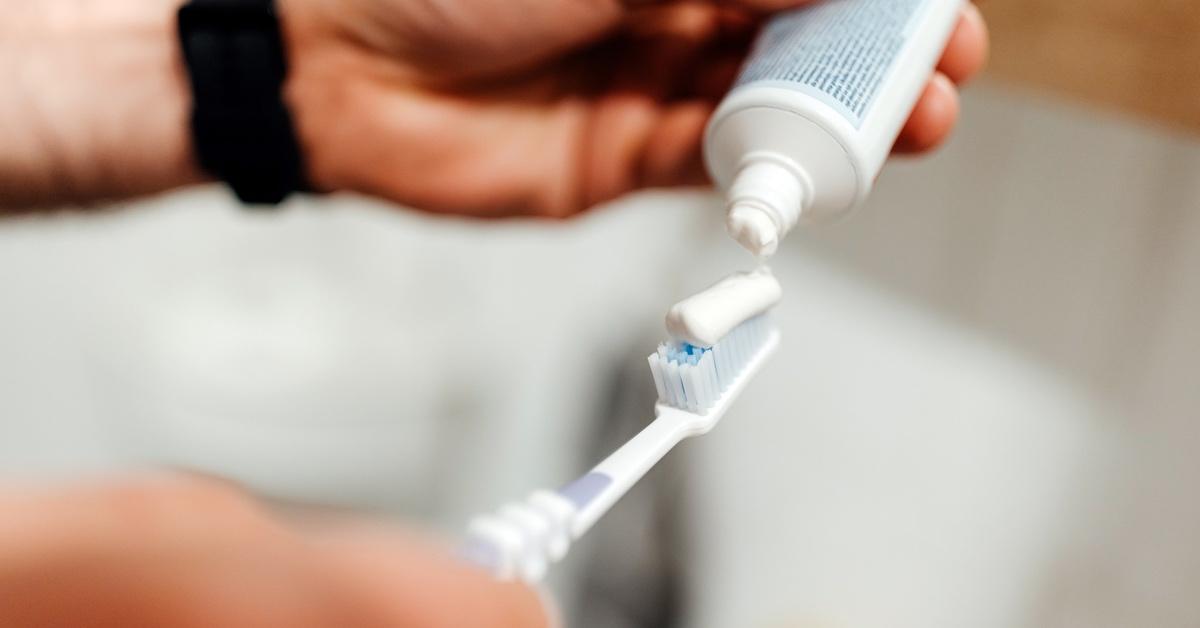A Few Reasons Why You Might Want To Avoid Fluoride in Toothpaste, Explained
Get the facts before hitting the toothpaste aisle at the grocery store.
Published Oct. 17 2024, 5:04 p.m. ET

Many advertisements for toothpaste products will tout the inclusion of fluoride. That's because many experts say that the compound plays an important role in dental health, with some municipalities even adding it directly to the water supply to ensure everyone has access to it. But some wonder if there are good reasons to avoid using toothpaste with added fluoride.
Deciding what type of toothpaste to use is a deeply personal choice and one that should be made with the input of your dentist so that the two of you can work together to decide what products are best for your health. While many dentists recommend fluoride, there are a few reasons why people are skipping the additive when they brush.
Take a look at the four reasons why some experts say you should skip fluoride when you're shopping for toothpaste.

Just say "no" to fluoride toothpaste for those under the age of two.
According to the U.S. Centers for Disease Control and Prevention (CDC), the littlest brushers should use fluoride-free toothpaste until after their second birthday. That's because this age group is more likely to swallow the toothpaste accidentally, which the CDC says can cause visible changes in both the color and structure of a child's teeth.
Check fluoride levels in your water if you rely on a well.
Toothpaste isn't the only way your body gets exposed to fluoride. According to the Cleveland Clinic, the compound occurs naturally in certain foods and can even be found in well water.
Being exposed to too much fluoride can cause a condition known as fluorosis. Fluorosis is a condition that presents as spots on a tooth's enamel, and the discoloration can range from bright white to a much darker shade of brown.
These spots are more likely to appear in children five and under and can require the care of a dentist to remove them.
As such, the Cleveland Clinic suggests having your well water tested to check fluoride levels if you've noticed these signs or you're otherwise worried about the fluoride levels in your water.

Talk to your doctor about fluoride toothpaste if you're at risk for developing skeletal fluorosis.
Another potential complication of too much fluoride exposure is skeletal fluorosis. This condition can take years to develop, and the end result can be painful and cause long-term damage to joints and bones, which is something that MedicalNewsToday says can ultimately result in limited mobility.
Ask your medical provider about using fluoride toothpaste if you have been diagnosed with hyperparathyroidism.
Extremely high doses of fluoride can sometimes alter the parathyroid gland, according to MedicalNewsToday, and that can cause hyperparathyroidism.
If you've already been diagnosed with this condition, you may want to check with both your doctor and your dentist so that you can work together to weigh the potential risks verses benefits of using toothpaste with fluoride when you brush.
Of course, this article is not meant to serve as a substitute for medical advice, and you really should speak with your dentist if you have questions about whether or not fluoride toothpaste is right for you.